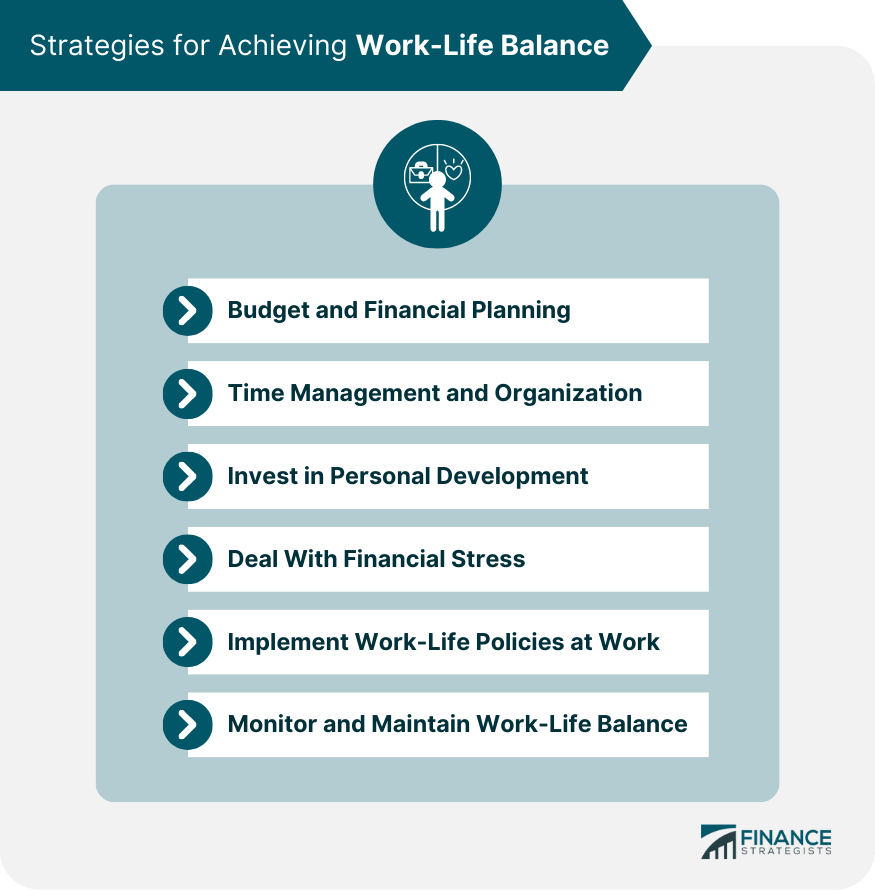Overview
Understanding Stress
Stress is a natural response to the demands and pressures of life. It can affect anyone, including high-net-worth individuals who may face unique challenges. Stress can lead to various physical and mental health issues, such as anxiety, depression, and burnout. Understanding the causes and effects of stress is crucial for effectively managing it.
The Impact of Stress on High-Net-Worth Individuals
High-net-worth individuals often face unique challenges that can contribute to elevated stress levels. The pressures of managing substantial wealth, making important financial decisions, and maintaining a high standard of living can all take a toll on their mental and emotional well-being. Project Challenges are one example of stress triggers that high-net-worth individuals may encounter. These challenges can arise from overseeing large-scale investments, managing complex business ventures, or navigating the intricacies of philanthropic endeavors. The need to meet high expectations and deliver successful outcomes can create immense pressure and anxiety. It is crucial for high-net-worth individuals to recognize and address these stressors in order to maintain a healthy work-life balance and overall well-being.
Why Effective Stress Management is Important
Effective stress management is crucial for high-net-worth individuals to maintain a healthy work-life balance and overall well-being. Stress can have a significant impact on both physical and mental health, leading to a range of issues such as anxiety, insomnia, and burnout. It is important for individuals in this demographic to proactively manage their stress levels to prevent these negative effects. By implementing effective stress management techniques, high-net-worth individuals can reduce the risk of chronic stress and its associated health problems. These techniques may include regular exercise to release tension and improve mood, mindfulness and meditation practices to promote relaxation and mental clarity, and time management strategies to prioritize tasks and reduce overwhelm. By prioritizing effective stress management, high-net-worth individuals can enhance their overall quality of life and achieve long-term success and happiness.
Identifying Stress Triggers
Recognizing Common Stressors
Recognizing common stressors is an important step in effectively managing stress. Common stressors can include work pressure, financial concerns, relationship issues, and health problems. It is crucial to identify these stressors and understand how they impact your well-being. By recognizing common stressors, you can take proactive measures to address them and minimize their negative effects. Additionally, it is essential to prioritize self-care and establish healthy coping mechanisms to effectively manage stress.
Unique Stressors for High-Net-Worth Individuals
High-net-worth individuals face unique stressors that can significantly impact their well-being. One of these stressors is the constant pressure of discussing future inheritance. The anticipation of managing vast wealth and ensuring its smooth transition to the next generation can be overwhelming. Additionally, the fear of making wrong financial decisions or being taken advantage of by others adds to the stress. These individuals often find themselves navigating complex family dynamics and legal considerations, which further exacerbate their stress levels. It is crucial for high-net-worth individuals to have the necessary support systems in place to address these specific stressors and develop effective strategies for managing them.
The Role of Lifestyle and Work in Stress
Midlife can be a particularly stressful time for many individuals. It is a period of transition and change, where people often face new challenges and responsibilities. The pressures of career advancement, financial stability, and family obligations can all contribute to increased stress levels. In addition, the physical and emotional changes that occur during this stage of life can also impact stress levels. It is important for high-net-worth individuals to recognize and address the unique stressors they may face during midlife, and to implement effective stress management techniques to maintain their well-being.
Implementing Stress Management Techniques
Physical Exercise and its Benefits
Physical exercise is a crucial component of effective stress management. Engaging in regular exercise has numerous benefits for both the body and the mind. Exercise helps to release endorphins, which are known as the "feel-good" hormones, and can improve mood and reduce feelings of stress and anxiety. Additionally, exercise promotes better sleep, which is essential for managing stress levels. It also helps to increase energy levels and improve overall physical health. Incorporating different types of exercises, such as cardiovascular activities, strength training, and yoga, can provide a well-rounded approach to stress management. By making exercise a priority in your daily routine, you can reap the many benefits it offers in reducing stress and improving overall well-being.
Mindfulness and Meditation Practices
Mindfulness and meditation practices are powerful tools for managing stress and promoting overall well-being. Mindfulness involves being fully present in the moment and non-judgmentally aware of one’s thoughts, feelings, and sensations. It can help high-net-worth individuals cultivate a sense of calm and clarity amidst the demands of their busy lives. Meditation, on the other hand, is a practice that involves focusing the mind and achieving a state of deep relaxation. It can help individuals reduce anxiety, improve concentration, and enhance self-awareness. By incorporating mindfulness and meditation into their daily routines, high-net-worth individuals can gain a greater sense of balance and inner peace. They can also develop the skills to better cope with stress and make more informed decisions about their personal finance.
Effective Time Management Strategies
When it comes to managing stress, effective time management strategies can make a significant difference. Prioritizing tasks and setting realistic deadlines can help high-net-worth individuals stay organized and focused. Creating a daily schedule that includes time for self-care activities such as exercise, meditation, and relaxation can also be beneficial. Additionally, delegating tasks to trusted team members or outsourcing certain responsibilities can free up valuable time and reduce stress. By implementing these time management techniques, high-net-worth individuals can better manage their stress levels and maintain a healthy work-life balance.
Conclusion
Taking Control of Your Stress
Managing stress is crucial for maintaining a healthy and balanced life. High-net-worth individuals, in particular, face unique challenges that can contribute to heightened levels of stress. However, by implementing effective stress management techniques, such as physical exercise, mindfulness and meditation practices, and effective time management strategies, individuals can take control of their stress and improve their overall well-being. It is important for high-net-worth individuals to prioritize self-care and build resilience to ensure long-term stress management. Additionally, exploring stress triggers specific to their lifestyle, such as asset sales, can help them identify and address sources of stress more effectively.
Prioritizing Self-Care
When it comes to managing stress, self-care is crucial. High-net-worth individuals often lead busy and demanding lives, which can take a toll on their well-being. To effectively manage stress, it is important for individuals to prioritize self-care activities that promote relaxation and rejuvenation. This can include engaging in activities such as exercise, meditation, and taking time off to unwind. By making self-care a priority, individuals can reduce stress levels and improve their overall quality of life.
Building Resilience for Long-Term Stress Management
In order to effectively manage stress in the long-term, it is important to build resilience. Resilience allows individuals to bounce back from challenging situations and maintain a sense of well-being. There are several ways to build resilience and enhance stress management skills. One way to build resilience is by finding ways to give to charity. Giving back to the community not only helps others but also provides a sense of purpose and fulfillment. Whether it’s donating money, volunteering time, or participating in fundraising events, giving to charity can have a positive impact on mental and emotional well-being. It can also serve as a reminder of the bigger picture and help put daily stressors into perspective. Additionally, engaging in activities that promote self-care, such as exercise, mindfulness, and effective time management, can further enhance resilience and contribute to long-term stress management.





